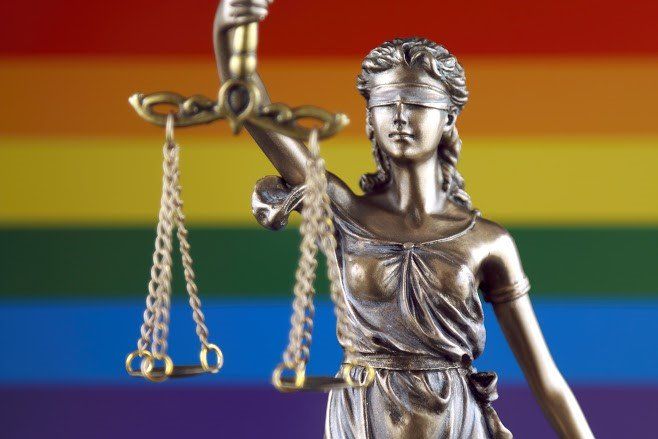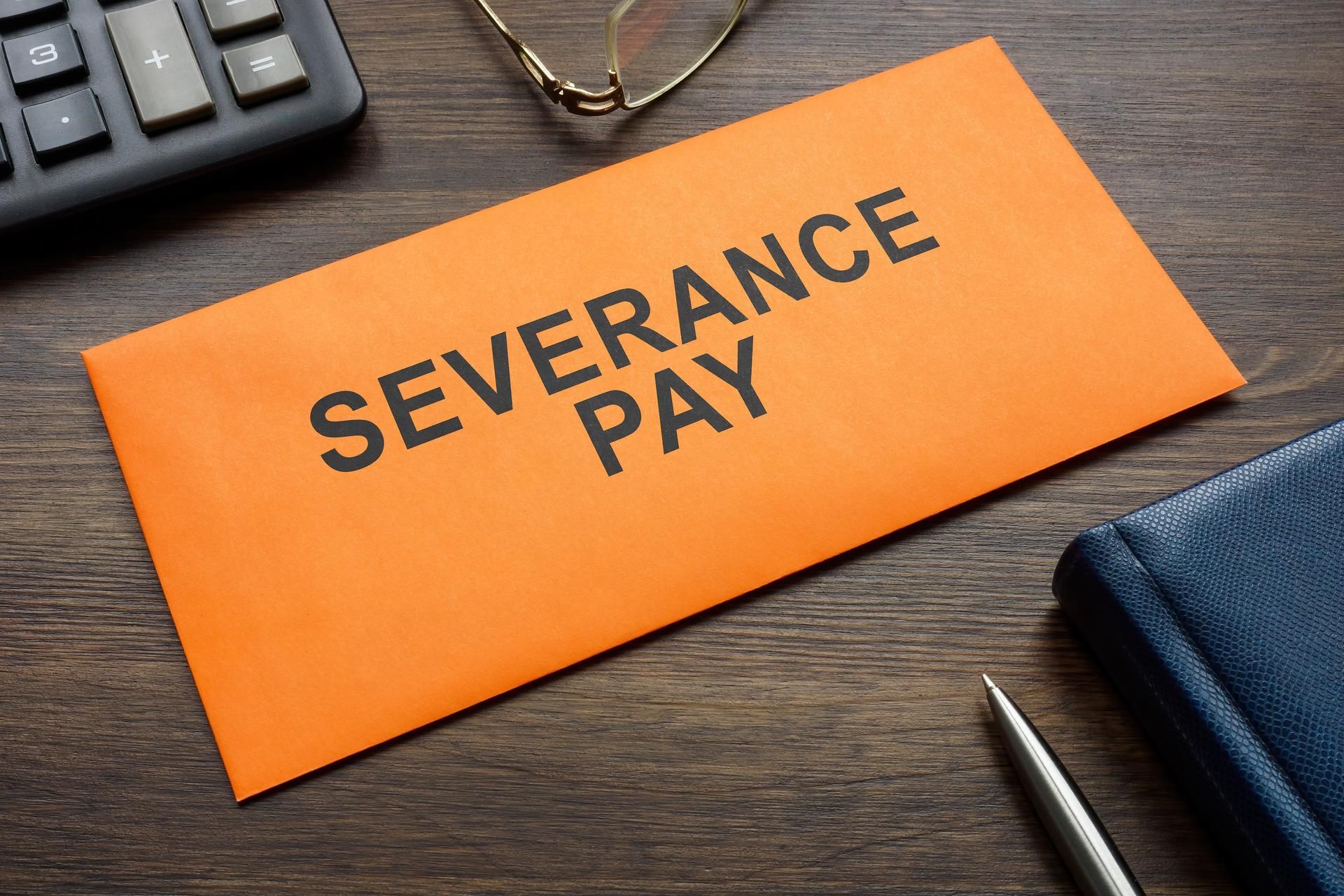Understanding the Supreme Court's Decision on LGBTQ Workplace Rights

On June 15, 2020, the United States Supreme Court ruled that existing federal law prohibiting employers from discriminating based on sex does cover LGBTQ workers. The ruling states unequivocally that the nation's premier employment civil rights law bars, not just discrimination based on biological gender, but also discrimination based on gender identity and sexual orientation.
The 6–3 ruling disposed of three separate cases:
- Bostock v. Clayton County: A Georgia county employee fired for being gay.
- Altitude Express v. Zarda: A skydiving instruction also fired because he was gay.
- R.G. & G.R. Harris Funeral Homes v. EEOC: A trans woman fired because of her gender identity.
Before this ruling, federal protections for LGBTQ workers who were discriminated against on the basis of their sexual orientation or gender identity were dubious at best, and comprised only of a patchwork of state, county, local, and individual policies.
What Type of Employer Actions Does This Decision Cover?
All three cases decided by the Supreme Court involved unlawful termination under Title VII of the Civil Rights Act of 1964, which prohibits discrimination "based on sex." But according to the U.S. Equal Employment Opportunity Commission (EEOC), the federal entity charged with enforcing civil rights laws in the workplace, illegal discrimination includes more than unfair firing. It also covers:
- Any unequal treatment based on sexual orientation or gender identification, for example, offering better health benefits to non-trans workers
- Harassment of LGBTQ workers, making the workplace a hostile environment because of who they are
- Failure to hire based on sexual orientation or gender identification or unfair treatment of LGBTQ workers in promotions and determining salaries
- Retaliation against LGBTQ workers because they bring or participate in a job discrimination proceeding
Are There Exceptions?
Companies with less than 15 employees are exempt from Title VII strictures, as are some religious institutions. The rules governing these exceptions are complex, and it would be wise to consult a lawyer to help you decide whether you have a case.
What Should I Do If I'm an LGBTQ Worker Who Has Been Discriminated Against?
Filing a claim with the EEOC is the first step in any case under Title VII. In fact, you can't bring a lawsuit in federal court until you've gone through the EEOC process, which has strict deadlines. Most claims need to be brought before the EEOC within 180 days of the discrimination taking place, but it does depend on several factors.
as soon as you experience discriminatory treatment, consult a lawyer with experience in workplace cases and seek help before navigating the EEOC process.
Why Are These Decisions Such a Big Deal?
Up until now, LGBTQ workers had to rely on state and local laws or progressive companies' policies for basic civil rights protections in the workplace. In states like Alabama, where there is no state law prohibiting discrimination based on gender identity or sexual orientation, LGBTQ workers could not, until the recent decision, take their discrimination cases to federal court.
Furthermore, there are a number of different federal statutes prohibiting discrimination based on sex in other areas, like health care, military service, housing, and education. Now that the Supreme Court has determined that that "sex" means not just biological sex but sexual orientation and gender identity as well, those other laws should provide much-needed new protections for the LGBTQ community.
If you are interested in learning more about how the Supreme Court's recent decision might affect you, or if you think you've been discriminated against because of your gender, gender identity, or sexual orientation, we'd love to talk to you. Call us at Allen D. Arnold Attorney at Law and make an appointment for a consultation.
Alabama Rules of Professional Conduct Notice: No Representation is made that the quality of legal services offered is greater than that of other lawyers. The information contained on this website is not a substitute for legal advice, and reading it does not create an attorney-client relationship.
Alabama Rules of Professional Conduct Notice: No Representation is made that the quality of legal services offered is greater than that of other lawyers. The information contained on this website is not a substitute for legal advice, and reading it does not create an attorney-client relationship.









